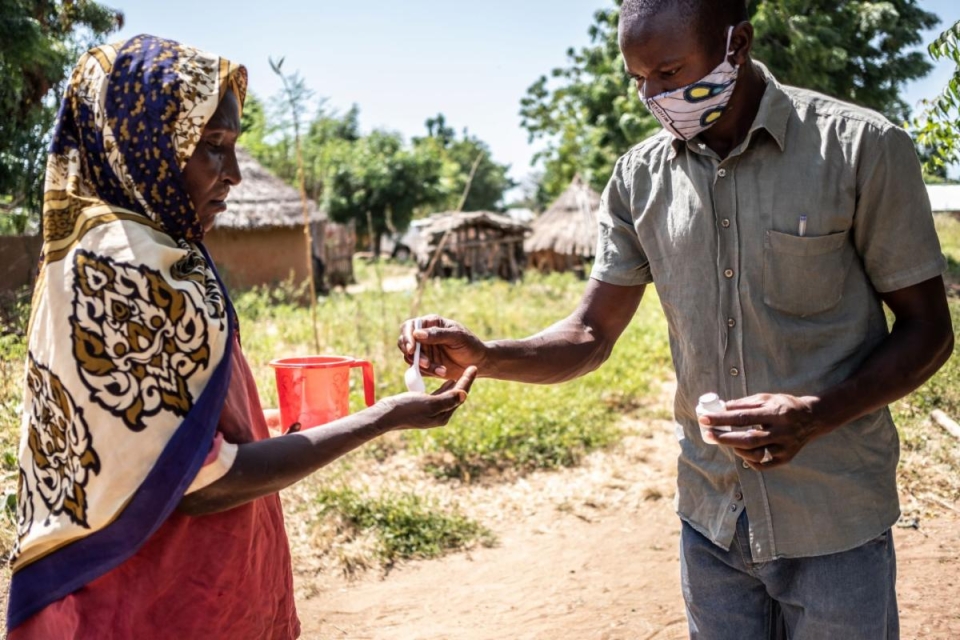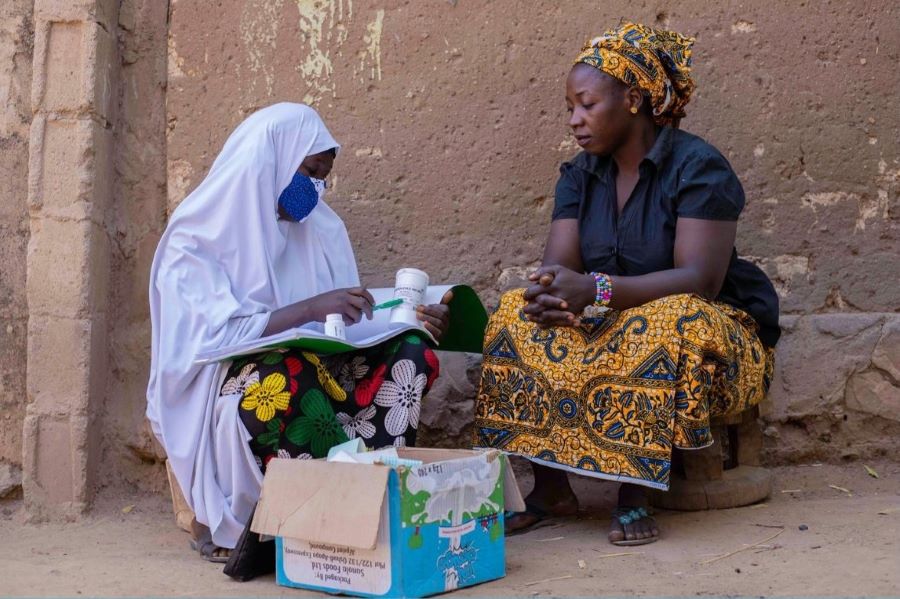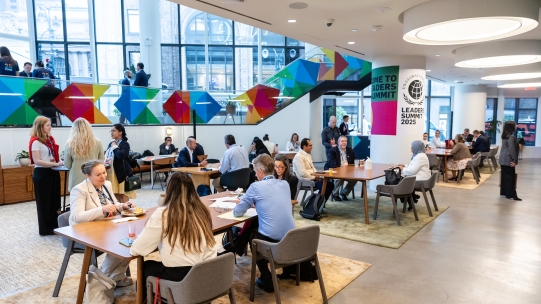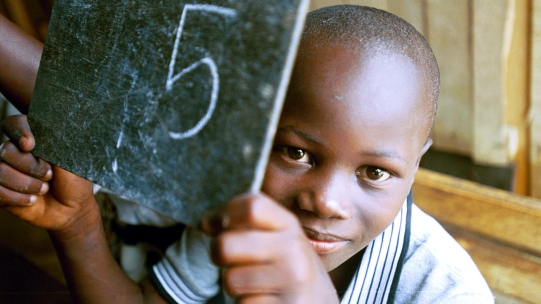IHS Nigeria’s commitment to sustainable health outcomes by supporting treatment of neglected tropical diseases
Read more

Nigeria's healthcare system faces significant challenges, including inadequate funding, infrastructure and human resources, leading to poor disease prevention and high rates of infectious diseases and maternal and infant mortality.
According to the Global Fund, over 165 million Nigerians need treatment for one or more Neglected Tropical Diseases (NTDs): a group of debilitating diseases including onchocerciasis, lymphatic filariasis, schistosomiasis and soil-transmitted helminthiasis that disproportionately affect vulnerable communities. In response, IHS Nigeria, part of the IHS Holding Limited group, has demonstrated a continued commitment to community wellbeing through targeted healthcare interventions.
In 2024, IHS Nigeria sought to create sustainable improvements in health outcomes for vulnerable populations by helping to fund large-scale NTD treatments reaching 1,020,153 individuals across affected communities. The company also supported the training of 492 health workers to help strengthen local healthcare systems, invested in the delivery of 201 hydrocele surgeries, sponsored the training of 171 personnel on NTD data digitization, trained 5,396 community-directed distributors and funded the mass drug administration for onchocerciasis and lymphatic filariasis in 13 local government areas across Borno State.
This intervention was implemented in collaboration with the END Fund – a philanthropic fund solely dedicated to ending NTDs, in alignment with the UN Sustainable Development Goals (SDG 3: Good Health and Wellbeing and SDG 17: Partnership for Development). IHS Nigeria’s response to NTDs also supports SDG 3.3, which aims to end epidemics, including AIDS, tuberculosis, malaria and neglected tropical diseases, while combating hepatitis, water-borne diseases and other communicable diseases, by 2030.

IHS Nigeria joined the UN Global Compact Country Network in 2023, following its parent company, IHS Holding Limited (a global telecommunications infrastructure company), which has been a signatory since 2020. Through its sustainability initiatives, IHS Nigeria is helping to drive meaningful progress toward better health, stronger communities and a more resilient Nigeria. The company strives to execute strategies that are aligned with the SDGs, which aim to achieve improvements in areas such as poverty reduction, health and well-being.
As a participant in accelerator programs such as the Business and Human Rights Accelerator and the Target Gender Equality Accelerator, IHS Nigeria believes that its engagement with the UN Global Compact Network Nigeria has helped the organization gain deeper insights into stakeholder engagement, impact communications and best practices for strengthening healthcare systems and promoting sustainability. These experiences provided valuable insights that helped shape IHS' contribution to the intervention on NTDs.
“Our participation in several UN Global Compact initiatives has enhanced our knowledge on best practices in relation to human rights integration in healthcare interventions and the inclusion of women and girls. We have also been able to better understand how a clear-cut strategy around health interventions, capacity building of health workers and the administration of medicine to tackle NTDs facilitates societal development”, said Mohamad Darwish, CEO, IHS Nigeria.
The IHS Nigeria initiative has brought life-changing treatments to those affected by onchocerciasis, lymphatic filariasis, schistosomiasis and soil-transmitted helminthiasis. These treatments have also helped reduce the number of out-of-school children, decreased anaemia and blindness and improved labour productivity, food absorption amongst children and adults in affected communities.
IHS Nigeria first partnered with the END Fund in 2021, when it supported the training of 50 facilitators at the Community-Led Total Sanitation level, 416 Community Drug Distributors, 37 Frontline Health Facilitators and four Local Neglected Tropical Disease Persons. The partnership also helped deliver treatment to 149,253 individuals in the Irepodun area. Building on this impact, IHS Nigeria intends to continue leveraging the expertise of the END Fund and engaging closely with community stakeholders to monitor and evaluate the impact of NTD intervention in affected communities.
“We believe that our efforts are not just improving health outcomes; they are helping rebuild lives and restore hope in communities across Nigeria. Our contribution has been a catalyst for change and is rooted in principles of inclusion, high impact and flexibility, which has enabled us to support communities across Nigeria,” said Dapo Otunla, Chief Corporate Services Officer, IHS Nigeria.
Executive Director/CEO of the UN Global Compact Network Nigeria, Naomi Nwokolo, identifies IHS Nigeria as a partner in advancing business action in support of achieving the Global Goals. According to her, “IHS Nigeria's fight against Neglected Tropical Diseases is a powerful demonstration of business contribution to promoting good health and well being in line with SDG 3. By upholding the right to health, promoting inclusive well-being and partnering with integrity, they are showing how durable solutions create tangible impact for people and building a stronger foundation for sustainable development in Nigeria,” she stated.


